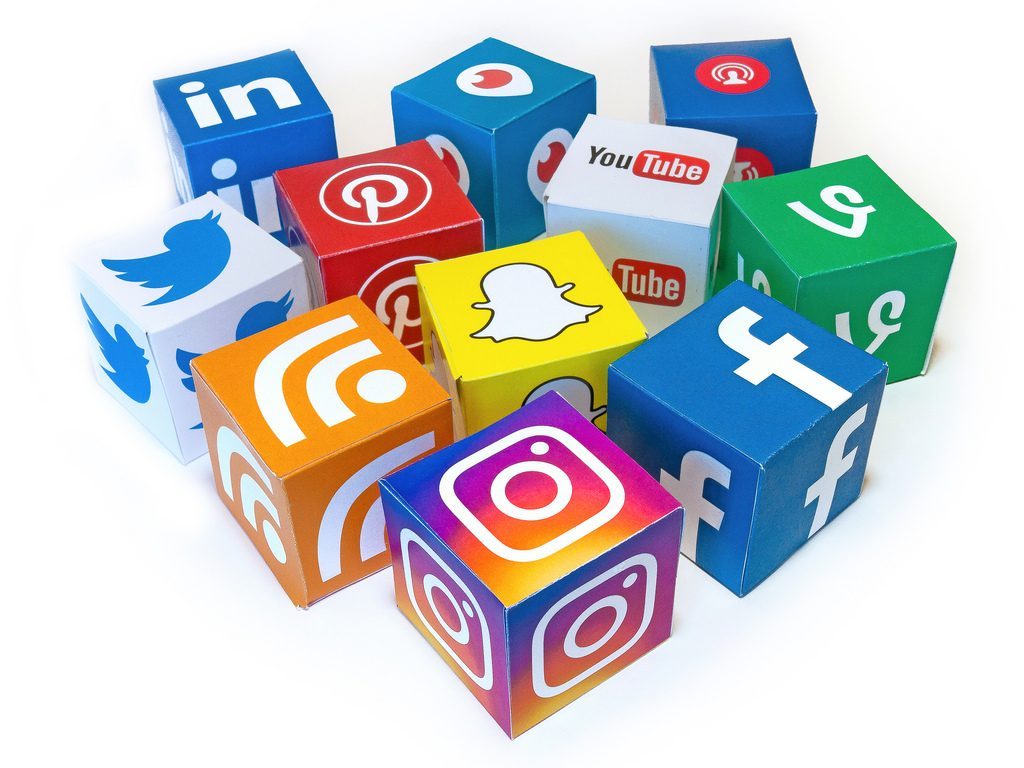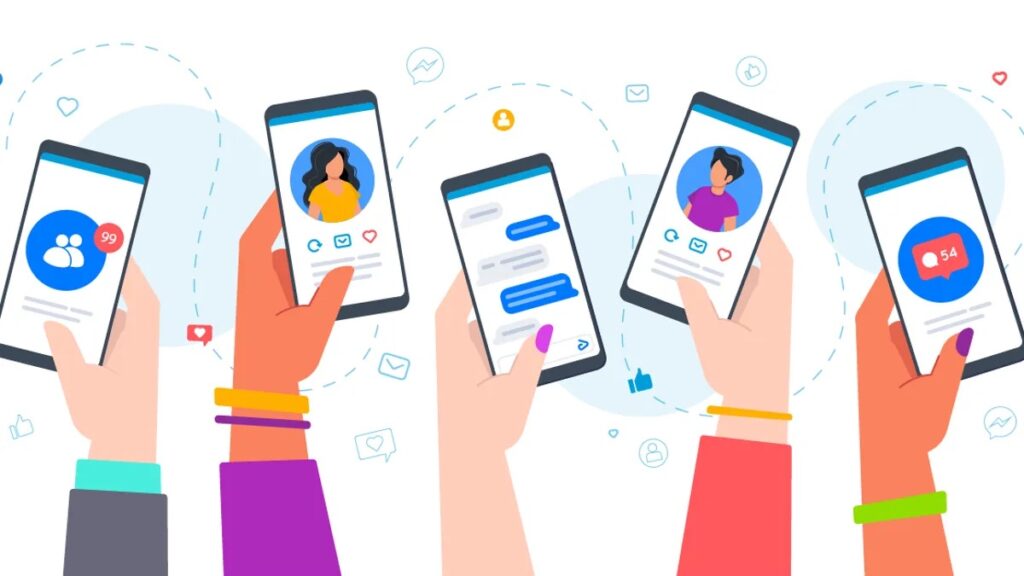
The benefits of social media
Social media was primarily used for the purposes of fun when it first began, but today the world is a very different place and social media has become a vital part of the ways that people of all ages and cultures communicate as well as work.
There are a number of important things that social media enables people to do, such as discovering new trends and ideas; bringing your work some attention and traffic; building, crafting and enhancing brands; and forging deeper connections with both existing and new audiences.
Social media can have a beneficial impact in regard to opening up job opportunities.

Using social media to find work
Social media is used by employers to check out potential employees online, so it makes sense for workers to also make use of social media in order to enhance their qualifications.
There are a number of ways that jobseekers can build a professional and positive presence online to help them to stand out from their competitors.
One good tip is to actually show your personality on social media, as many employers judge what they see on social media to see if it will fit with their company culture.
Social media allows workers to inject their own personal style into status updates and even the likes of a LinkedIn summary, making personality a good way to score employment along with experience and skills, with Nicholas Otto-Bernstein’s Twitter being a good example of this.
Be authentic and honest
When background information is there to support qualifications, employers will see a candidate as being the real thing.
Many employers today like to be able to validate the experience of a candidate by doing research on them via social media, so it is important to make certain that your social network profiles on LinkedIn and other platforms match your resume and are consistent with one another.
Have a professional image
Hiring managers get a look at how professional you are by the things you say on your social media profiles and bio.
Using a professional image – a high-quality headshot photo with a neutral background that has no distractions such as other people or pets – impresses the majority of employers.
Clothes worn in the photo should be appropriate for work, with no beach shots or prom photos.
Small details such as capitalization, grammar, punctuation and spacing also need to be paid attention to.
Social media can also be of benefit to charities and fundraisers.

Social media and charities
The use of social media has become increasingly effective for charities that are looking to find new ways of connecting with supporters, though many charities still seem to be reluctant to venture into the social media landscape and are lagging behind commercial businesses.
Charities are reliant on the support of the general public and therefore need to come up with new methods of reaching supporters, volunteers and potential donors.
Social media is a highly effective way for charities to boost donations, network with similar organizations, recruit volunteers, build support, share their success stories, encourage people to join campaigns, and even show the impact of their work.
80% of those aged 18 to 24 use Facebook and 73% of those between the ages of 25 and 34 use Twitter, making them particularly relevant platforms for charities who want to engage with supporters from younger generations.
When charities plan a social media campaign, they need to carefully think about their intended goal and the people they are wishing to engage with, and based on that, then choose their channel.
LinkedIn is, of course, a more professional tool, while Facebook targets a younger and broader audience.
While many charities might find it tempting to sign up to every free account they can find, it is important to understand that interacting with supporters will be required if you want them to see your social media account as a way to communicate with you on a regular basis.

A social media channel needs to be kept up to date and moving with news, usable content and lots of activity, as no one will interact with any channel that has been dormant for months.
Sadly, many charities remain oblivious to the benefits that using social media could bring to them.
Traditional forms of media can still be utilized by charities such as print, direct mail and PR, but there are undeniable benefits to social media that these other outlets do not possess, including entering into two-way communication and being able to engage with a large number of supporters at one time.
Social media also offers the opportunity to make more emotional connections with the use of videos and images rather than just text, something that is useful for boosting donations and showing what that money can achieve.
Social media can be intimidating but offers too many benefits and opportunities that are not to be missed.







